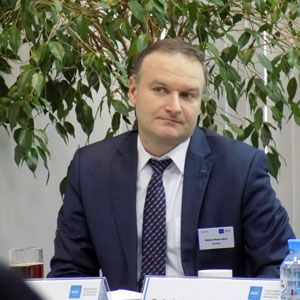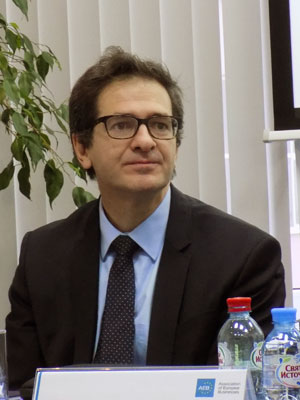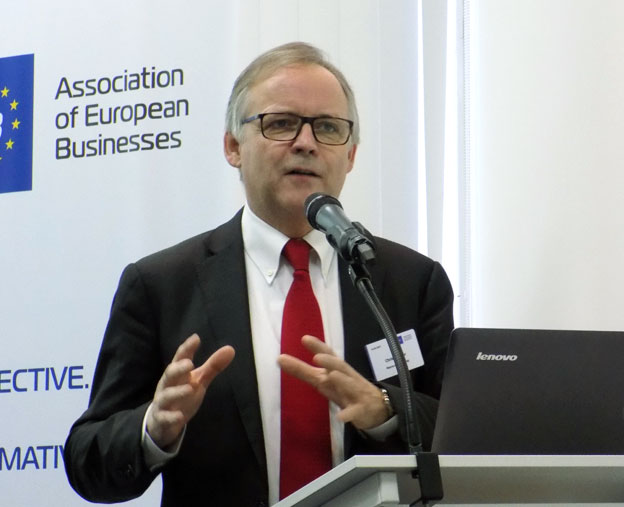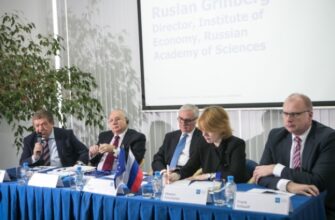In Russia there are good preconditions for economic growth, it is noted by leading experts gathered on 31 January 2017 in the Association of European Businesses (AEB) at the meeting entitled “Prospects and difficulties of the forthcoming year”. Based on the analysis of the economy by the end of 2016, they concluded that our country’s GDP will grow by 0.6-1.1%, however, for the achievement of sustainable or more intensive growth we need to rethink some approaches and implement reforms to reduce the risks of investment.

Senior managing Director and chief analyst of Sberbank Ph. D. Michael Matovnikov believes 2017 is not the year of recovery, but the year of transformation, which would improve the imbalances of the Russian economy. According to him, the structure of the GDP by the end of 2015 was headed by real estate (17.4%), trade (15.8%) and manufacturing (14.2%).
An important thing that helped Russian producers in the capital and regions, were the sanctions that made the products competitive. “Sanctions are necessary and should last possibly longer,” the expert expressed the mood of the Russian regions.
Analyzing the sources of growth in the manufacturing sector (“import substitution”), he drew attention to the fact that it is based on the investment of Western companies in Russia, implemented by localization of global capacities. M. Matovnikov says that Russian oligarchs, meanwhile, were inclined to invest in the Western economy, which suffered losses.

Gabriel di Bella, the Head of the permanent mission of the International monetary Fund (IMF) in Russia expects a “negative financial impact will be compensated by normalizing Central Bank rates” and “inflation closer to targeted».
According to the IMF, Russia’s GDP growth will be 1.1% in 2017. The growth of the economy with declining population, in his opinion, can be achieved with the support of investment growth and labor efficiency per unit of population. Regarding the efficiency of labor expert believes that it is the main task of leadership. The key internal risk is associated with financial policy.
But, at the same time, if no reform will be held, then the growth will be slow. The key reforms that will lead to economic growth, according to IMF are: the revision of the “budget rule”, which today binds the spending budget to the price of oil and stabilization of the real exchange rate, reducing the administrative burden on business and social costs. It is also important to reduce fluctuations of seasonality in production, to ensure loading of production capacities.
The Partner of Macro-Advisory Christopher J. Weafer marked, that the Russian economy is coming out of the recession, but needs additional stimulus for growth to go faster and also foreign investment by the model of “localization” or “competitive economy”.
According to the forecast of Macro-Advisory, oil price in 2017 will fluctuate in the range of $54-65. A key element of a competitive economy is the ruble, so it will remain in 2017 at around 62 rubles, and the difference by increasing the price of oil will go to the reserve Fund.
The economy, which fell by estimated 0.6-1% in 2016, is expected to grow to 92’386 billion rubles in 2017 (+1.5-2.0%), real disposable income by 2%; inflation will average 4.6%, unemployment – 5.5%. C. Weafer believes that there is no reason to fear social or political instability in the country and change the regime of sanctions is not expected until March 2018.




